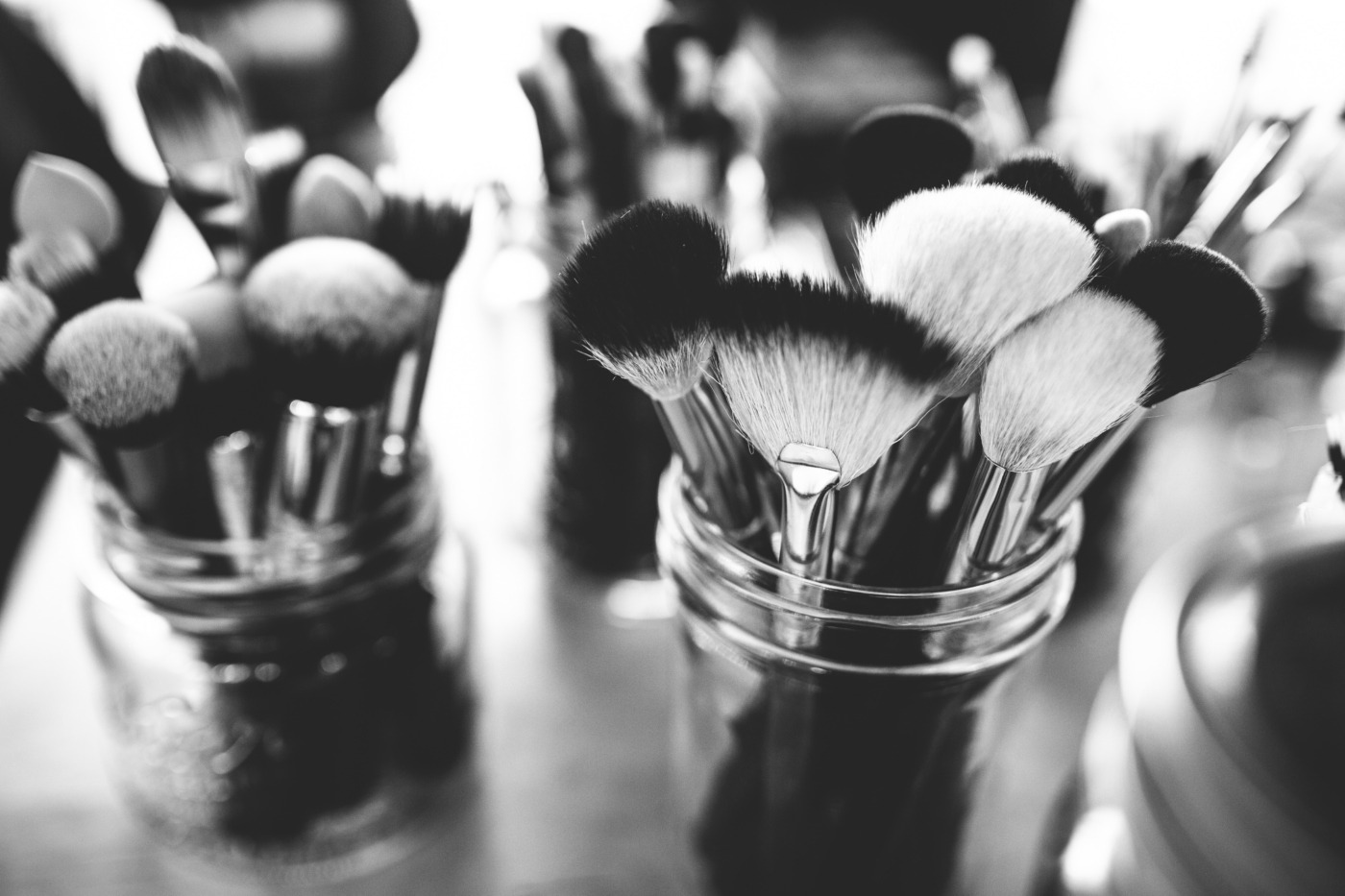Blackfishing is exploitative and should not simply be viewed as millennial over-sensitivity
What is blackfishing? Well, simply put, it is exploitative and wrong. To give a definition, it is a term used for when a non-black person uses make-up or unnatural tanning methods to alter their complexion in order to make themselves look black. Additionally, they may, surgically or using make-up, alter their features to enhance this. While there are many definitions online and far from them all being in agreement, my argument is made with this definition in mind.
Isn’t that just “blackface”, you may ask? Well, not exactly. Those blackfishing do not seem to be doing this with the explicit intention of mocking and ridiculing black people. Blackface, on the other hand, was primarily used in “minstrel shows” to mock and ridicule black people for the entertainment of its viewers. A recent uproar regarding “blackfishing” came as a multitude of female beauty and fashion influencers, whose social media posts presented them as black women, were found to be white.
It is not “flattery”, and the outrage at this is not just another case of millennial over-sensitivity
As these women, whose success is reliant on a desirable outward appearance, chose to model themselves as black women, the clear message is that looking like a black woman is desirable. It can be viewed that they are implicitly praising black women, rather than explicitly mocking and ridiculing them. Blackfishing is, however, still exploitative and wrong. It is not “flattery”, and the outrage at this is not just another case of millennial over-sensitivity.
These white women are benefiting from looking black without ever having to deal with the reality of being black. They are exploiting the look for their gain, whilst black women do not receive this same hassle-free benefit. These white women can wash off their tan, or wait for it to fade, they can wipe off their make-up or decide not to wear it, and just like that, are able to present themselves as white women. Black women, on the other hand, cannot switch off looking black, as they are black, always, online and offline, and always have to deal with the reality of being a black woman in this world.
These white women are benefiting from looking black without ever having to deal with the reality of being black
Black workers in the United Kingdom are twice as likely to be in insecure forms of employment, such as temporary contracts or agency work. TUC notes that black graduates are paid an average of 23.1% less than their white counterparts. This is without the added complexity of being a woman. Black women are paid 63% less than their white male counterparts, and 17% less than their white female counterparts. These shocking statistics go on. How can it be right that white women are profiting from making themselves seem as though they are black women online, whilst real black women are struggling to get the pay they deserve?
There are accusations of “blackfishing” I disagree with. For example, an accused influencer, Jaiden Gumbayan, is clearly a white woman. Yet, she is inspired by a black woman aesthetic. By this, I mean a form of styling and fashion that black women are renowned for, from sleeked baby hairs combined with big hoops to a certain way of dressing. Whether that is right or wrong is not the focus of this debate. She is a good example of someone inspired without painting herself black.
Cases like this characterises the level of exploitation blackfishing has reached
But, there are accusations I most definitely agree with. Such as Emma Hallberg, a model and influencer who has been at the forefront of these accusations. She received unanimous surprise, from women of all races, at the fact she was white. She has argued that it was due to a natural tan, but there is overwhelming evidence online that shows she is clearly a white woman. Cases like this characterises the level of exploitation blackfishing has reached.
Regardless of intention, the act of blackfishing is fundamentally exploitative and now the problematic nature of the practice has been brought to attention, white female influencers have a duty to ensure they are not guilty moving forward.

Comments
Comments are closed here.